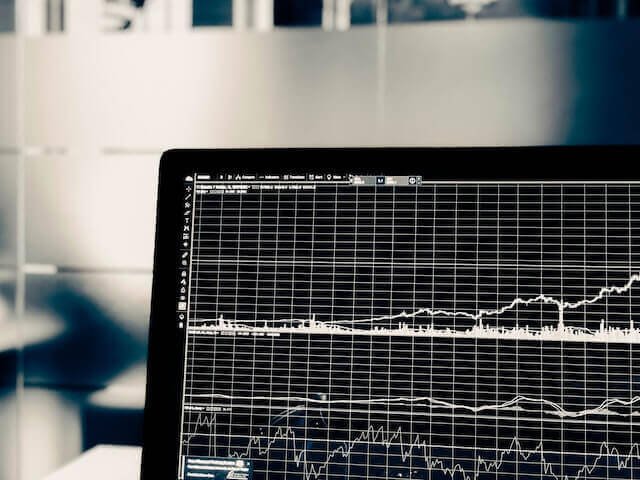Blockchain technology has the potential to revolutionize healthcare by providing a secure and transparent way to store and share medical data. This innovative technology, originally developed for the digital currency, Bitcoin, is a distributed ledger system that allows multiple parties to access, update and share information in a secure and transparent manner. In this article, we will explore the various ways in which blockchain technology is being used in the healthcare industry and the potential benefits it offers.
Decentralized Medical Records
One of the most significant advantages of using blockchain in healthcare is that it allows for the creation of a decentralized medical record system. This means that patients would have control over their own medical data, and would be able to share it with doctors and other medical professionals as needed. This would not only give patients more control over their own health information, but it would also make it easier for doctors to access and update the information, which would lead to more accurate and up-to-date records.
Additionally, the use of blockchain technology would ensure that the data is tamper-proof, as any changes made to the data would be recorded in the blockchain and would be easily traceable. This would help to prevent errors and fraud, as well as ensure that the data is accurate and up-to-date. Moreover, blockchain-based medical records would enable patients to have their medical history and test results easily accessible from anywhere in the world, which would be beneficial for patients who travel frequently.
Clinical Trials
Another potential benefit of blockchain in healthcare is that it could help to improve the efficiency of clinical trials. By using blockchain, researchers would be able to quickly and easily access the data they need, without having to navigate through multiple different databases. This would not only save time but also help to ensure that the data is accurate and up-to-date.
Furthermore, blockchain technology could also be used to ensure the integrity of clinical trial data. By recording all data on a tamper-proof blockchain, researchers could be sure that the data is accurate and has not been tampered with. Additionally, this technology could also be used to track the movement of drugs and other medical products throughout the supply chain, which would help to ensure that they are safe and effective.
Drug and Medical Supply Chain
Blockchain technology has the potential to create a secure and transparent supply chain for drugs and other medical products. By using blockchain, manufacturers, distributors, and pharmacies could all access the same data, making it easier to track the movement of these products and ensure that they are safe and effective.
This technology could be used to track the movement of drugs from the manufacturer to the patient, which would help to ensure that the drugs are safe and effective. Additionally, blockchain technology could also be used to track the movement of medical devices and other medical products throughout the supply chain, which would help to ensure that they are safe and effective.
Challenges and Conclusion
Despite the potential benefits of using blockchain in healthcare, there are still some challenges that need to be addressed. For example, there are concerns about the privacy and security of medical data, as well as the need to ensure that the technology is able to handle the large amounts of data that are typically generated in healthcare. Additionally, there is a need for industry-wide standards and regulations to ensure that the technology is used in a way that is safe and effective.
Conclusion
In conclusion, blockchain technology has the potential to revolutionize healthcare by providing a secure and transparent way to store and share medical data. The technology has the potential to improve the efficiency of clinical trials, ensure the integrity of medical data, and create a secure and transparent supply chain for drugs and other medical products. While there are still challenges that need to be addressed, the benefits of using blockchain in healthcare are clear and significant, and it is likely that we will see more and more applications of this technology in the coming years.











